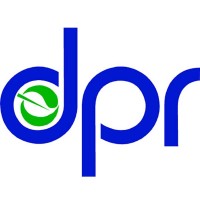Laws and Regulations
The California Department of Pesticide Regulation (DPR) implements laws and regulations governing the evaluation, registration, sales, and use of pesticides and pest management products.
Regulation Development
We propose regulations to implement, interpret or make specific laws, to clarify existing laws and regulations, or to enhance protections for people and the environment.
Rulemaking Calendar
Each year, we release a calendar of planned, proposed, and in-progress regulatory changes. Learn more about each of these proposed regulatory changes by viewing our rulemaking calendar.
The Rulemaking Process
The Office of Administrative Law (OAL) is responsible for ensuring that California state agencies comply with the rulemaking procedures and standards outlined in California’s Administrative Procedure Act (APA).
When adopting regulations, every department, division, office, officer, bureau, board, or commission in California’s executive branch must follow the rulemaking procedures in the Administrative Procedure Act (APA) (Government Code section 11340 et seq.). They must also follow the regulations adopted by the OAL unless expressly exempted by statute from some or all of these requirements. The APA requirements provide the public with a meaningful opportunity to participate in the adoption of regulations or rules that have the force of law by California state agencies and to ensure the creation of an adequate record for the OAL and judicial review.
Sign Up for Email Updates
Keep in the loop by subscribing to one or more of our email distribution lists.
*= Required Field
Still have a Question or Need More Information?
Please contact us with questions or visit the Contact Us page on our website to connect with other programs at DPR.
Email: regulations@cdpr.ca.gov
